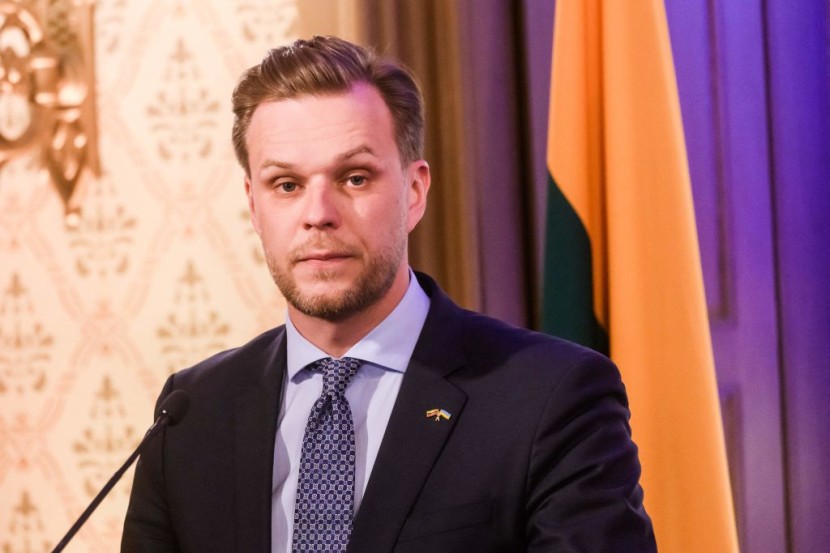
An EU state Lithuania asks members of the bloc to form a group to escort Ukrainian grain ships through a Russian naval blockade. Ukraine has been routed in the Black Sea by the Russians and taken control of ports that have left Kyiv helplessly landlocked.
Russia Controls the Black Sea
The proposed coalition of bloc members by Lithuanian Foreign Minister Gabrielius Landsbergis is a desperate attempt to secure the grains in the face of a shortage in the European Union, reported RT.
In an interview with the Guardian, Landsbergis clarified that he floated the idea during talks with UK Foreign Secretary Liz Truss in London last Monday. Truss raised Britain's support for such a confederation in principle.
Russia has rejected imposing a naval blockade on Ukraine, calling the accounts untrue and asserting that Kyiv has induced logistical problems on shipping by placing mines in its ports, cited the Press United.
The statement by the Lithuanian foreign minister described it as a coalition of willing states; armed with considerable naval power.
To Protect Black Sea Shipping Routes
He went on to say that the naval escort operation must not involve NATO and instead be a non-military humanitarian mission, not a no-fly zone, noted Good Word News.
According to the diplomat, the operation could include Britain and countries affected by grain shortages, such as Egypt.
According to the report, affected countries must be willing to take steps to feed the world, as suggested by EU state Lithuania.
Armed Ships Could Provoke Russian Fleet
Landsbergis remarked that other than civilian ships, they used armed warships or planes and both to escort Ukrainian grain ships.
Furthermore, it recommended that armed ships and planes could deter the Russian naval blockade from stopping the ships from leaving controlled Odessa and getting to Bosphorus.
However, he admitted that carrying out such a plan would necessitate demining some areas and obtaining approval from Turkey, which controls the Black Sea's entrance and might see the escort operation as escalatory.
According to the Guardian, Truss stated should concerns raised by Landsbergis are settled, Britain will be willing to provide ships for the escort expedition.
She remarked that the problem of global food security is a major concern; the UK is trying to find a desperate solution to transport the grain from the locked Ukraine ports.
Antagonizing Russia Worsens European Food Security
The UN Secretary-General Antonio Guterres said that Russia and Ukraine provide about 30 percent of world wheat exports. This conflict started by dropping neutrality and starting a proxy war is the cause of a global food shortage affecting everyone.
Last Monday, Kremlin Press Secretary Dmitry Peskov concurred with his worry about Guterres', saying it is accurate while stressing that Russia tried everything to stop the conflict that would have this aftermath.
Blaming Western allies and NATO went hand in hand with self-inflicted pain through illegal sanctions. It is Kyiv's error to place the mines hampering shipping lanes. Peskov states Kyiv could use rail routes instead to export its grain.
Poland transports trains with weapons to Ukraine, and he mocked that if trains with weapons were not stopped, grains would not be prevented from passing.
EU state Lithuania suggested an armed escort for Ukrainian grain ships to get past an alleged Russian naval blockade would be easier; if Polish rails were used, as indicated by Peskov.
Related Article : Moscow Reports Ukraine Neo-Nazis Uses Civilians as Human Shields in Donetsk and Lugansk Republics After the Battle of Mariupol








